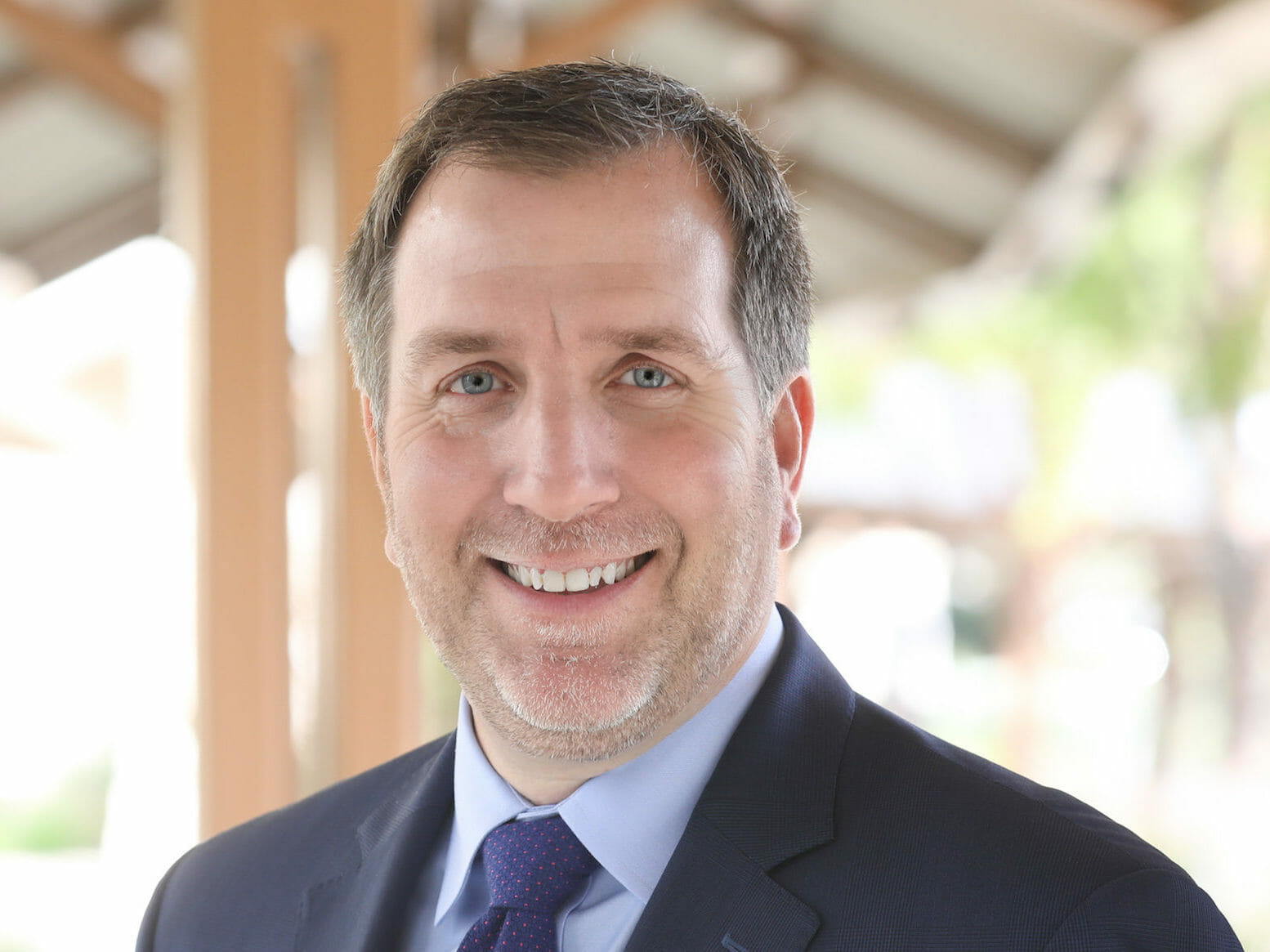
The U.S. government is prepared to offer COVID-19 booster shots to vaccinated Americans beginning on Sept. 20, including direct delivery to long-term care facility residents, officials announced Wednesday.
Final approval for a booster rollout will depend on the results of a safety and effectiveness study by the Food and Drug Administration and independent data review by the Centers for Disease Control and Prevention’s vaccine advisory committee, according to a joint statement from Department of Health and Human Services agencies.
Potential recipients would include those who were vaccinated at least eight months ago with the Pfizer-BioNTech or Moderna mRNA vaccines. These include many long-term care residents, they said.
“[T]he individuals who were fully vaccinated earliest in the vaccination rollout, including many healthcare providers, nursing home residents, and other seniors, will likely be eligible for a booster,” said CDC Director Rochelle Walensky, M.D., and colleagues. “We would also begin efforts to deliver booster shots directly to residents of long-term care facilities at that time, given the distribution of vaccines to this population early in the vaccine rollout and the continued increased risk that COVID-19 poses to them.”
Recipients of the one-dose Johnson & Johnson vaccine, who include some nursing home residents, may have to wait a few more weeks to hear about their eligibility for a second shot, officials said. The J&J vaccine did not become available until March, and is made using different technology than the other authorized vaccines.
Vaccine effectiveness waning in nursing homes
Evidence of diminished vaccine effectiveness in the face of rising U.S. infections drove the decision to plan for extra vaccine doses, officials said.
Although the three FDA-authorized COVID-19 vaccines continue to be “remarkably effective” in reducing risk of severe disease, hospitalization and death, there are signs of a downward trend among those at higher risk or who were vaccinated earlier, they reported.
In fact, some evidence points to waning effectiveness in the nursing home population itself. The CDC on Wednesday released the results of studies tracking the effectiveness of mRNA shots in long-term care settings. Between March and May, two doses were 75% effective against infection. But by June and July when the delta variant was predominant, effectiveness had declined to 53%.
“For that reason, we conclude that a booster shot will be needed to maximize vaccine-induced protection and prolong its durability,” officials said.
LTC distribution strategy uncertain
Officials offered no details about how booster shots might be delivered to long-term care facilities.
Walgreens and CVS Health each told McKnight’s that they were waiting for more guidance from regulatory agencies. The retail pharmacy giants were key members of a public-private partnership that helped get shots to about 62,000 nursing homes and assisted living communities during the initial COVID-19 vaccine rollout.

But early indications are that booster doses would continue to come from facilities’ current contracted pharmacies, said Chad Worz, PharmD, BCGP, executive director and COO of the American Society of Consultant Pharmacists.
In any case, elder advocate AARP is calling for federal coordination with the states to avoid distribution confusion.
“For those individuals most at risk, such as people living in nursing homes or other congregate facilities, homebound individuals, and other hard-to-reach populations, we urge HHS to develop specific plans with states to ensure boosters are delivered quickly and effectively,” it said in a letter to HHS Secretary Xavier Becerra.
Coordinate flu vaccination with COVID boosters?
Some long-term care clinicians have expressed skepticism about whether boosters should be a priority at this time, pointing to lack of data and the continuing need to encourage more vaccinations among staff members.
But if it turns out that the data supports supplying doses, there’s a way to ease the logistical challenges of getting them to residents and staff, ASCP’s Worz told the McKnight’s Clinical Daily. That would be to coordinate delivery with the influenza vaccinations which also occur in September.
This also may be an opportunity to improve the rates for flu vaccinations — an anticipated opportunity since the beginning of the pandemic, he added.
Why now?
The announcement of booster shots for all is unusual, Worz said. Under typical circumstances, the CDC would release information on specific populations pending a review of data by its Advisory Committee on Immunization Practices, he explained.
Third doses should continue to be prioritized for immunocompromised individuals as announced Friday, Worz added. But long-term care pharmacists hope to see more evidence for additional groups, he said.
“It will be critical to see the data on the necessity of the third dose across the age and risk groups that have been collected in this umbrella recommendation.”




